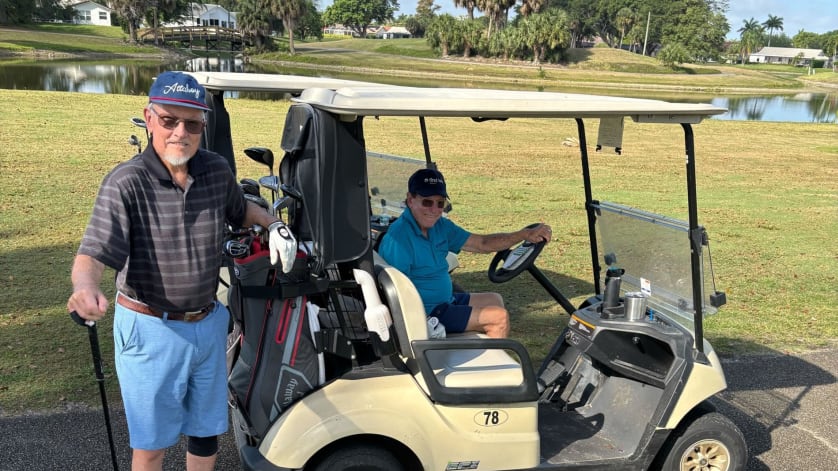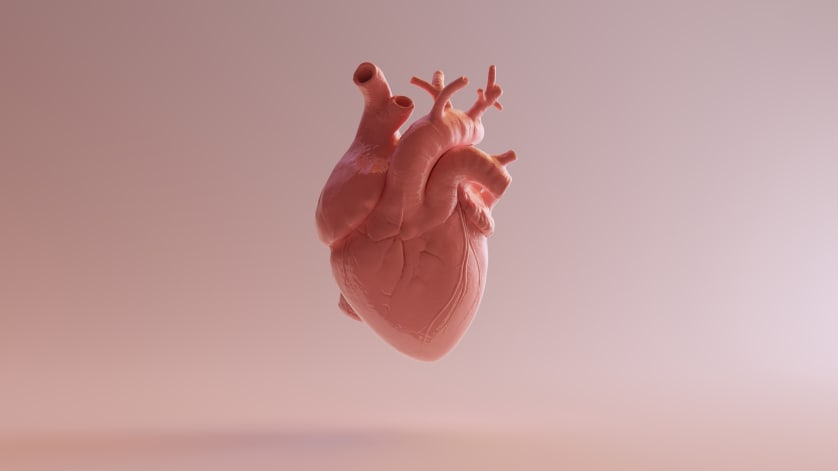
February 11, 2026


February 11, 2026
Baptist Health South Florida



Stay up to date with the latest clinical headlines and other information tailored to your specialty.
Thank you for signing up for the Daily News alerts. You will begin receiving them shortly.



